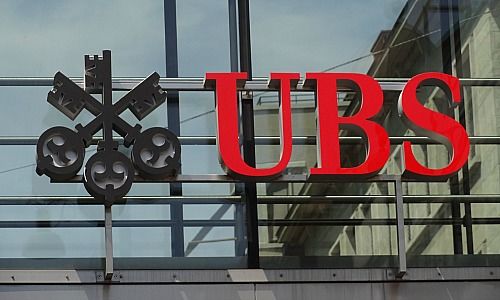Swiss Court Sets Precedent With Release of UBS Client Data
A Swiss court has ruled that UBS has to deliver detailed data on its clients to the Netherlands – even if Dutch tax authorities haven't provided names of alleged tax dodgers and cheats.
It is one of the first double-tax agreements signed after Switzerland agreed to clamp down on tax evasion that has been tested: a Dutch-Swiss deal governing terms of tax cooperation inked by the two countries in 2010.
The Netherlands last year asked Switzerland for data on a group of Dutch taxpayers with Swiss offshore accounts, without providing specific names.
No Names Required
On Monday, Switzerland's highest court ordered UBS to hand over the client data, saying even without providing specific names, Dutch authorities are complying with the 2010 agreement.
The decision is a break with Switzerland's past, when asking for client data without providing names equated to a shot in the dark, known in legal circles as a «fishing expedition». That has changed.
«An interpretation of the double-tax agreement between Switzerland and the Netherlands has found that it is sufficient to provide enough information to identify the relevant people,» Switzerland's federal court wrote in a decision made public on Monday.
Sets Precedent
The decision, which reverses an earlier ruling and upholds the Swiss tax office's decree to hand over the data, will set a precedent over how far foreign states have to go in getting secret client data out of Swiss banks.
Switzerland and the Netherland have an addendum to their double-tax agreement which allows data to be handed over if Dutch authorities provide information other than a name or an address, as is customary which such requests for legal assistance.
«That the names don't explicitly have to be mentioned follows from the double-tax agreement, which ensures 'as broad an exchange of information as possible in tax matters without allowing the states to conduct fishing expeditions',» the court wrote.




























